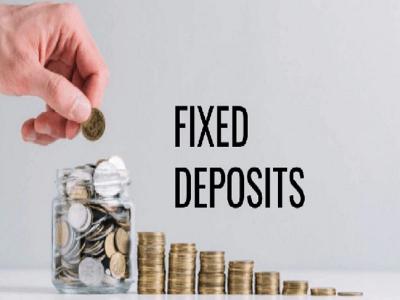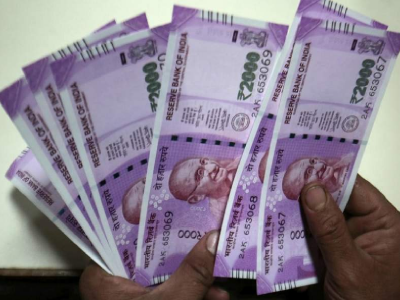Disadvantages of fixed deposits: Reasons not to invest in banks
By Lokmat English Desk | Published: August 18, 2023 03:05 PM2023-08-18T15:05:51+5:302023-08-18T15:05:51+5:30

Currently, there are many investment options available, but fixed deposits are still preferred by customers. In this you get fixed return after maturity, you also get good interest in this.

But some investment advisors believe that it also has its limitations. In this, if that bank defaults, there is a risk of losing your money.

On the other hand, if you withdraw before maturity, you have to pay a penalty. So it is necessary for the investor to understand and know about it. Let's know about these losses in FD.

If you want to withdraw money at the time of need, you cannot break the FD. But if you break it, the bank will not pay you interest and you will have to pay a penalty. Penalty amount can be written in terms while doing FD. It may be different for each bank.

Often a situation like bank failure arises. In such a situation, the risk on the investor's deposit increases. As per the new rules, insurance is available up to Rs 5 lakh on the total deposit in case of bank failure.

In such a scenario, if you have made an FD of Rs 15 lakh in a bank and that bank fails, you will get only up to Rs 5 lakh. The remaining Rs 10 lakh is at risk of sinking.

In this there will be no benefit from the gains made in the market. Because the interest rate remains constant in this. If the inflation rate becomes 6 percent and the interest you get is only 5 to 6 percent, then in this scenario you will only get a negative return.

The first disadvantage of investing in fixed deposits is that the interest rate is fixed. That means the interest given to you by the bank remains constant. The interest you earn in other investment options like stocks or mutual funds is much higher than FD.























